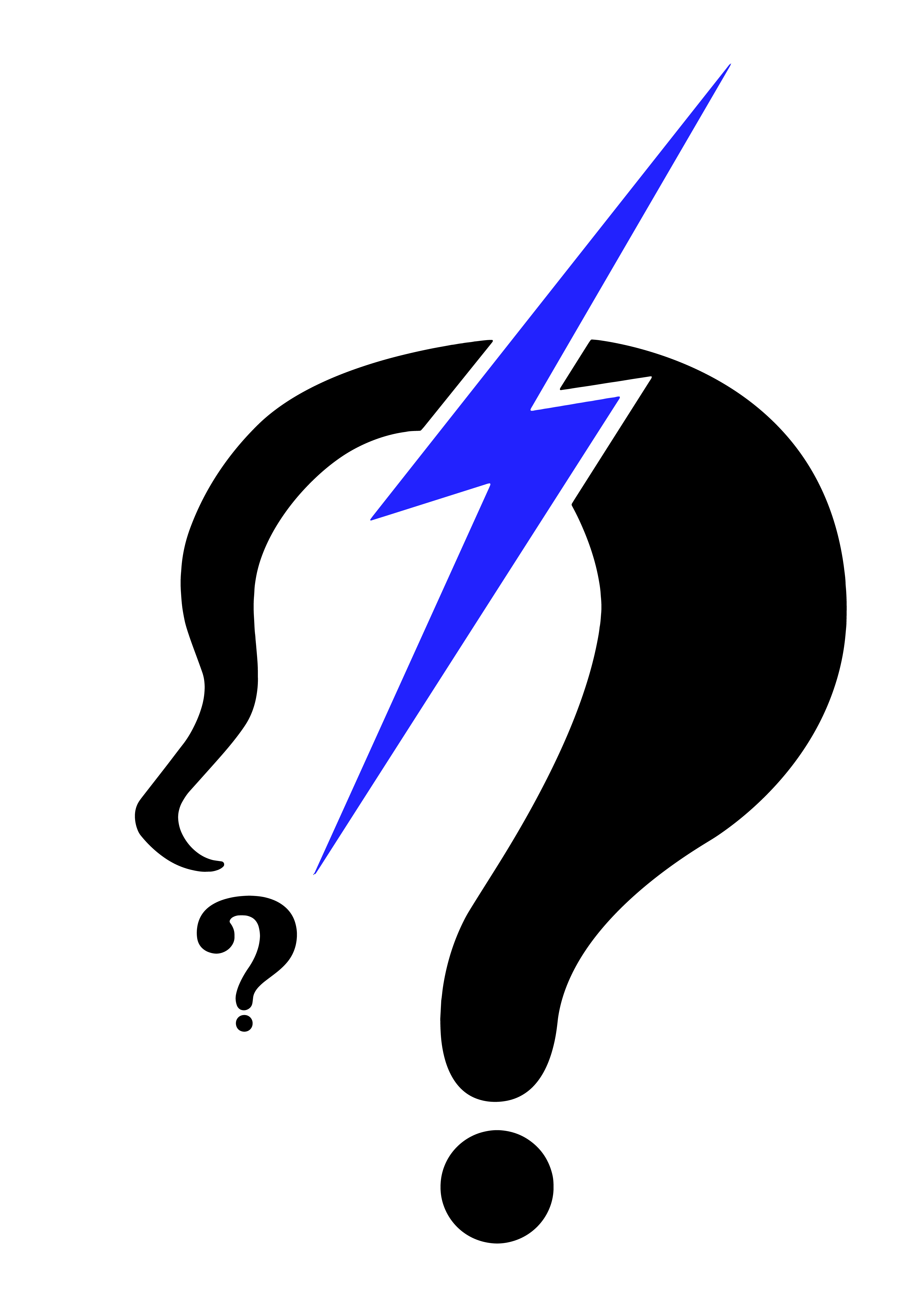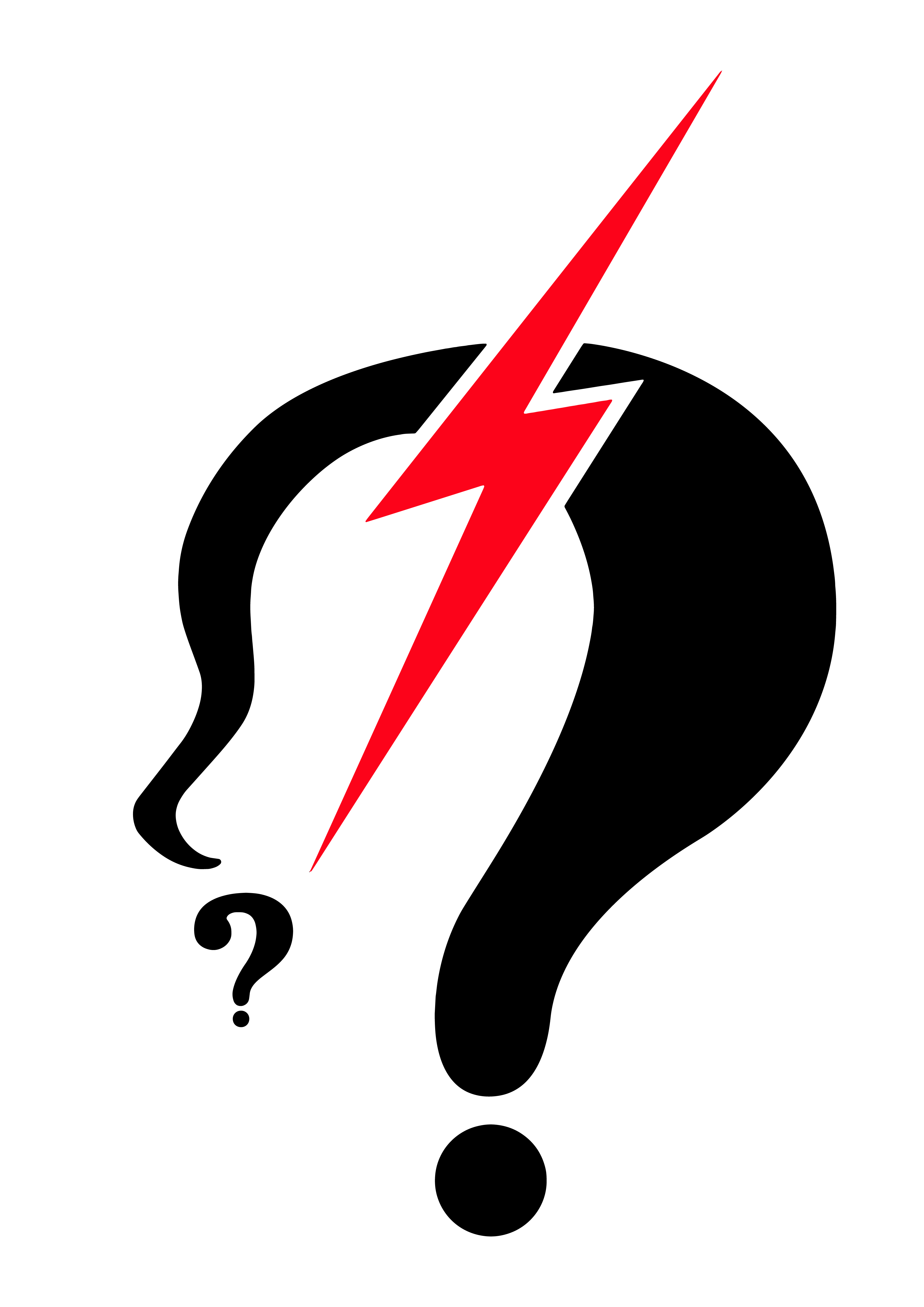There is a wide range of research evidence related to computer-based therapy for aphasia.
When we launched the ASF, in 2011, there were only very few research articles. As more were published, we listed them all on one page on this website. Now there are too many for us to list.
Use the search engines below to explore the evidence.
Some search engines require membership to access.
Google Scholar search is open to all.
Google Scholar https://scholar.google.com
Athens and RCSLT searches require membership to access.
Athens https://openathens.nice.org.uk/Auth/Login
RCSLT https://www.rcslt.org/members/clinical-guidance/aphasia/aphasia-evidence/

 The
The